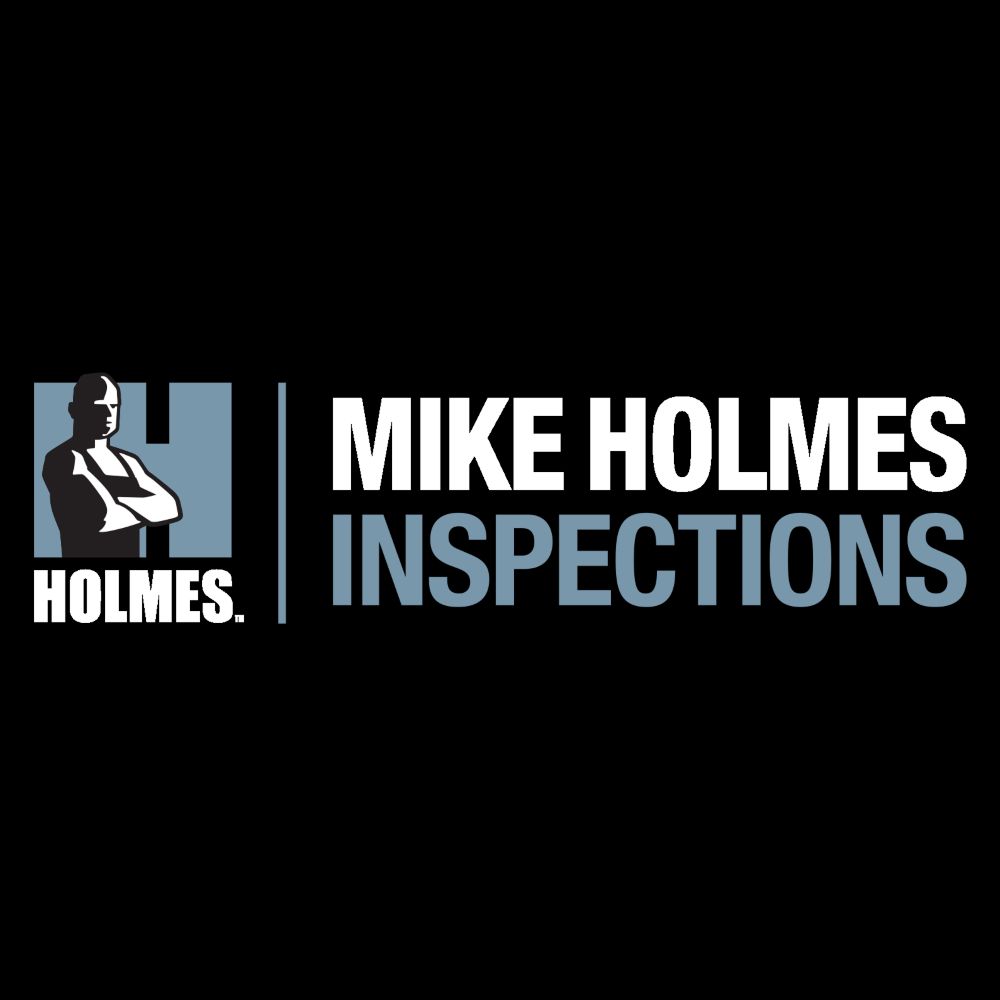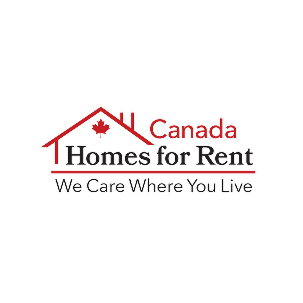The Importance of Home Inspections in New Brunswick: A Comprehensive Guide
Purchasing a home is one of the most significant financial investments you’ll ever make. Whether you’re a first-time buyer or an experienced homeowner, the process can be both exciting and overwhelming. One critical step that often gets overlooked is the home inspection. In New Brunswick, a home inspection is not just a smart idea; it's an essential part of the home buying process. Here’s why home inspections matter and how they can save you from unexpected surprises in your new home.
What Is a Home Inspection?
A home inspection is a detailed assessment of a property’s condition, conducted by a qualified professional, often called a home inspector. This inspection examines all visible and accessible parts of the home, including:
- Structural integrity (foundation, walls, roof)
- Plumbing systems (pipes, water heater, drains)
- Electrical systems (wiring, outlets, circuit breakers)
- HVAC systems (heating, ventilation, and air conditioning)
- Appliances (dishwashers, ovens, etc.)
- Insulation and ventilation
- Roof and attic condition
- Exterior elements (windows, doors, siding)
In New Brunswick, where homes can vary greatly in age and condition due to the province's rich history, inspections help buyers understand what they are committing to.
Why Are Home Inspections Crucial in New Brunswick?
Identify Hidden Issues: New Brunswick homes, especially older ones, can have underlying issues that aren't immediately visible during a casual walk-through. Whether it’s mold in the attic, outdated wiring, or a weakened foundation, home inspections can uncover these problems before they become costly repairs. Some issues might not be obvious until after you’ve lived in the home for a while, and a home inspection can help you make an informed decision.
Save Money in the Long Run: While a home inspection might feel like an additional expense, it’s an investment that can save you thousands of dollars down the line. By identifying potential problems early, you can either negotiate the purchase price or ask the seller to make repairs before you close the deal. Additionally, knowing about any necessary maintenance or replacements helps you budget for the future.
Peace of Mind: Home inspections give buyers peace of mind, knowing they are not inheriting costly problems. If the inspection results show the home is in good condition, it can confirm that your new home is a sound investment. Conversely, if there are issues, you can address them upfront and avoid any surprises after moving in.
New Brunswick’s Climate Considerations: The climate in New Brunswick can vary significantly, from cold winters with heavy snowfall to humid summers. This can put unique stresses on a home. Home inspectors in New Brunswick are familiar with local environmental factors and can identify issues related to weatherproofing, heating systems, or the potential for water damage due to snowmelt or heavy rainfall.
Legal Protections: While New Brunswick doesn't require home inspections to close on a property, they do help protect buyers legally. If problems arise after the sale and were identified during the inspection, you have documentation to support your claims in case there’s a dispute. It can also be a basis for potential warranty claims or legal action if there are issues the seller failed to disclose.
What to Expect During a Home Inspection in New Brunswick
During a home inspection, the inspector will carefully examine the property and provide a detailed report of their findings. Most inspections take around 2-4 hours, depending on the size and condition of the home. It’s a good idea to be present during the inspection so you can ask questions and get a clear understanding of any issues.
The inspector will then provide you with a written report that outlines the findings, which will include:
- A description of any defects or issues
- Photos of the problem areas
- Recommendations for repairs or maintenance
This report is invaluable for helping you make decisions regarding your purchase or negotiations with the seller.
Tips for a Successful Home Inspection in New Brunswick
Hire a Qualified Inspector: Make sure the home inspector you hire is certified and experienced. Look for an inspector who is familiar with New Brunswick's specific building codes and conditions. The Canadian Association of Home & Property Inspectors (CAHPI) is a good place to start when looking for qualified professionals.
Attend the Inspection: Although not required, being there in person will allow you to ask questions and learn about the property’s condition firsthand. It can also help you get a better understanding of maintenance needs and potential repairs.
Don’t Skip the Inspection: Even if the house looks perfect at first glance, don’t skip the inspection. Remember that many issues can be hidden from view. In New Brunswick, especially with older homes, what you see may not always be the full picture.
Review the Report Thoroughly: Once you receive the inspection report, take time to go over it carefully. If there are problems or concerns, don’t hesitate to reach out to the inspector for clarification. You may also want to bring in specialists for issues like electrical or plumbing if the inspector identifies something that requires a deeper look.
Use the Report for Negotiation: If the inspection uncovers issues, you can use the information to negotiate with the seller. This could mean asking them to fix the problems before the sale, offering a lower price, or requesting credits at closing to cover the cost of repairs.
Conclusion
Home inspections in New Brunswick are a crucial part of the real estate process, whether you're buying or selling a home. They help identify potential issues, such as structural, electrical, plumbing, and safety concerns, which can influence your decision or negotiations.
In New Brunswick, you can expect the following from a home inspection:
Qualified Inspectors: Home inspectors are typically members of professional organizations like the Canadian Association of Home and Property Inspectors (CAHPI). It's important to hire someone with certification and a good reputation.
Inspection Process: During a home inspection, the inspector will assess the condition of various home systems, such as:
- Foundation and structure
- Roof, siding, and windows
- HVAC systems
- Plumbing and electrical systems
- Insulation and ventilation
- Overall safety concerns
Cost of Inspection: The cost for a home inspection in New Brunswick varies based on the size of the property and its location. Typically, inspections can range from $300 to $500 or more.
Report: After the inspection, you’ll receive a detailed report outlining the findings. This report can be used to negotiate repairs, price reductions, or walk away from a deal if serious issues are discovered.
If you're in the market to buy or sell a home in New Brunswick, hiring a qualified home inspector is a good way to ensure you're making an informed decision. Let me know if you need help finding local inspectors or have more specific questions!
Aaron Somerville
Inspector
Mike Holmes Inspections Saint John



